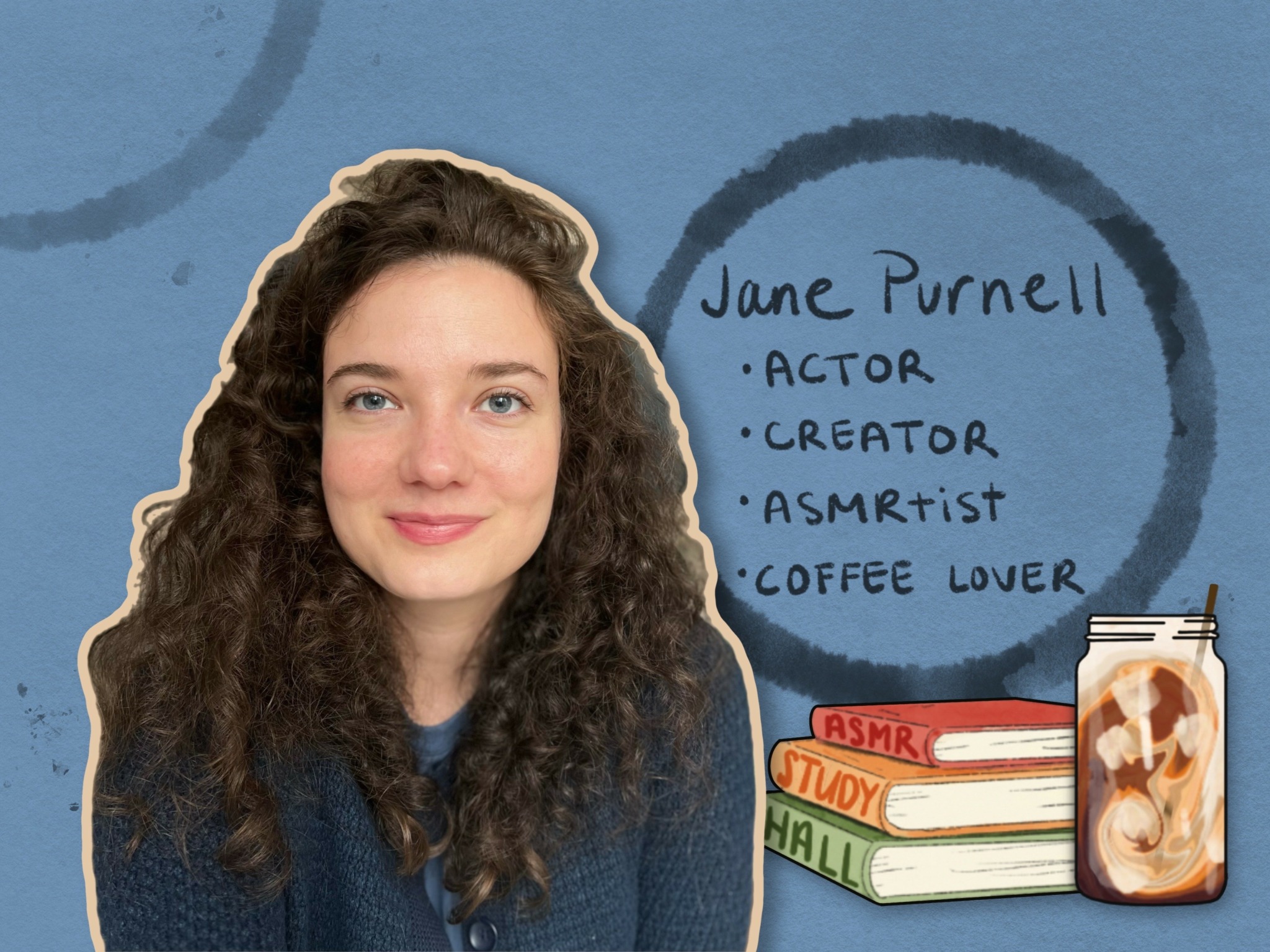We caught up with the brilliant and insightful Jane Purnell a few weeks ago and have shared our conversation below.
Alright, Jane thanks for taking the time to share your stories and insights with us today. Let’s jump back to the first dollar you earned as a creative? What can you share with us about how it happened?
I was around 5 years old the first time I earned money for my artwork. It’s a pretty cute story.
My mother, Robin Purnell, was a gifted painter. Whenever she sold a painting, the gallerist would stick a red dot on the painting’s exhibit label. Seeing people pay for my mother’s work made me believe that people would pay for mine, too.
One night, while my mom was hosting an artistic gathering, I created my own little gallery in the corner of our living room. I squeezed myself and my drawings between an armchair and VHS storage cabinet, draped a scarf over the chair and cabinet to imitate a roof, and stored my money in a plastic makeup box. I was selling my drawings for $1 a piece.
A man handed me a $5 bill and said, “I’d love a drawing. Do you have any change?” I had no clue what “change” was, and I confidently said, “Nope!” and handed him my artwork. My young self truly believed this man wanted to pay me $5 for my drawing.
Looking back, I think it’s adorable I had this moment of sincere confidence as a child. I knew my mother’s art had a high worth, so I concluded that mine must, too.
Poor guy walked away with no change, but he was a great sport about the whole thing, and I’m sure he’s doing just fine.
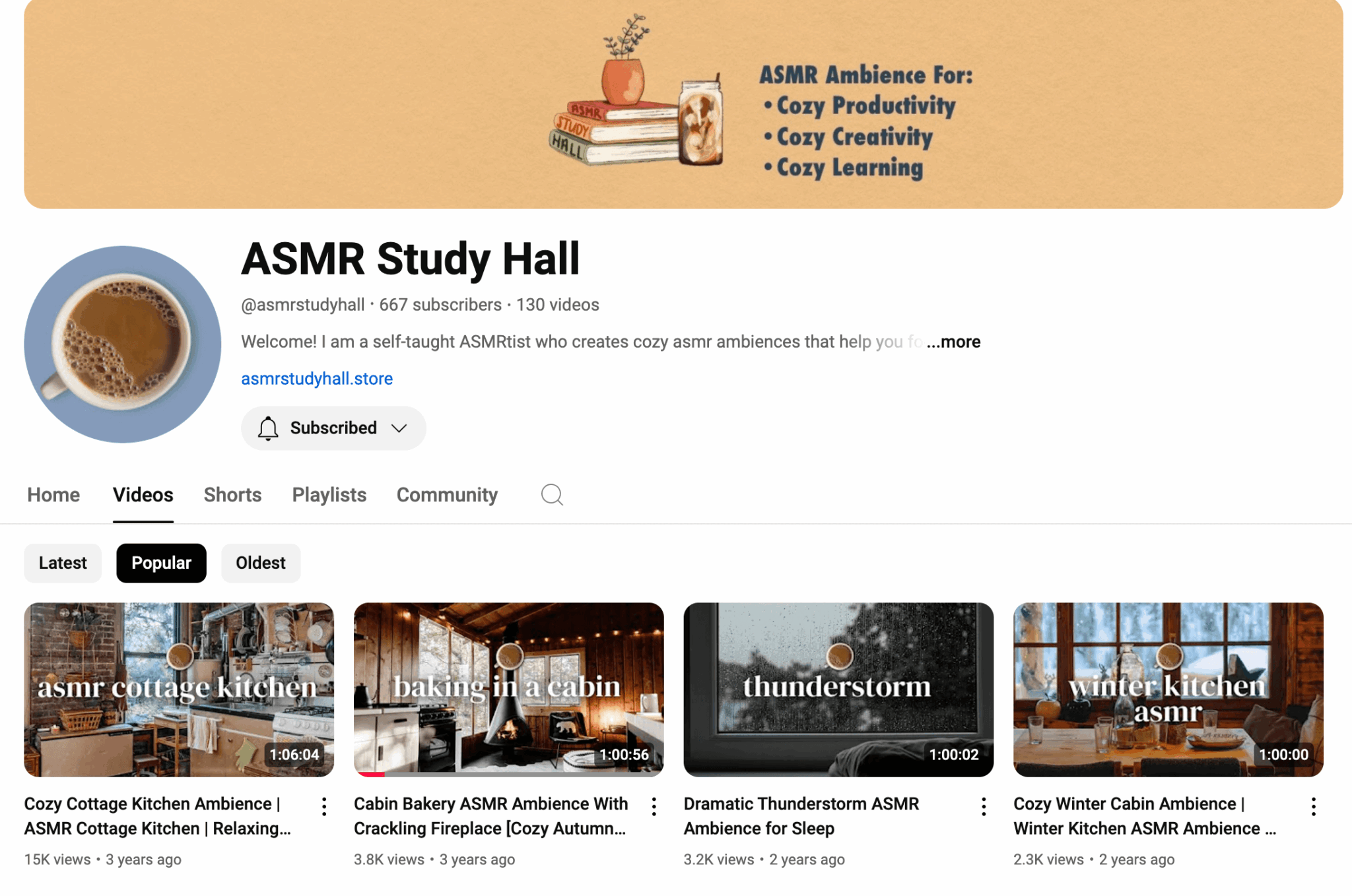
Great, appreciate you sharing that with us. Before we ask you to share more of your insights, can you take a moment to introduce yourself and how you got to where you are today to our readers.
I express my creativity in many ways, primarily through acting. Acting has been my North Star since my stepmom signed me up for drama camp at age 11.
I moved to New York City in the fall of 2019 after graduating from the University of Virginia. Moving from a rural Virginia county (where the cows outnumber residents) to NYC was an extreme shock to my nervous system. In the first six months of living in NYC, I woke up at 3 am for brutal barista shifts, said yes to projects that made me uncomfortable, and struggled with my mental health.
It’s now 5 years later, and I’m proud of the many artistic milestones I’ve since accomplished. I starred opposite Rory Culkin in Speed Queen 51 (directed by Sarah Nocquet), performed in stunning Columbia University MFA thesis productions (directed by Miguel Bregante), and became more connected to my art, life, and community.
Right now, I don’t have an artistic mission or brand, and I’m very comfortable with that. When I think too hard about it, I spiral. I act (and watch people act) because I enjoy it. Acting is fun, and meaningful, and inspires connection. I don’t want to overcomplicate something that I’ve worked so hard to make simple for myself.
My other creative endeavors include drawing digital art, writing my newsletter, and running my YouTube channel ASMR Study Hall (which now has an online store: asmrstudyhall.store).
What is ASMR? Autonomous Sensory Meridian Response (ASMR) is a tingling sensation that some people experience in response to a satisfying sensory stimulus. My YouTube Channel triggers ASMR via satisfying sounds and cozy ambiences that help listeners focus, relax, and unleash creativity.
My ASMR journey is a whole other story, but in a nutshell, my channel is a safe and consistent place for me to land in between acting jobs.
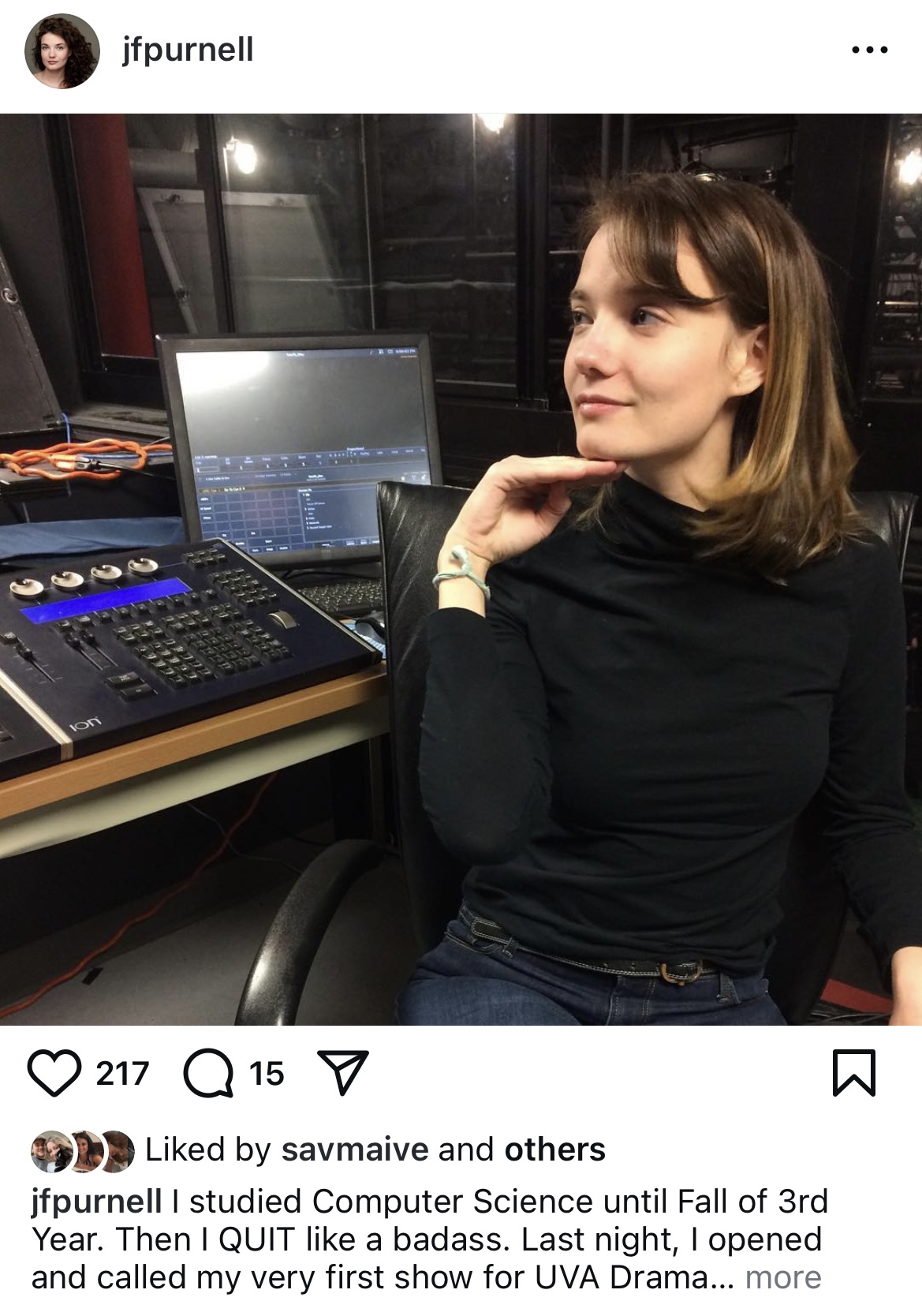
Have you ever had to pivot?
In college, I did not want to accept that I was an actor. Diving into such a risky and unstable career terrified me. Driven by apprehension and poor influences, I decided to major in Computer Science instead of Drama.
I committed myself to computer science for four semesters. While I learned a great deal and gained valuable skills I still use today, the subject went against my grain. The experience was dreadful. A future in computer science became more foreboding than a future in acting.
So, in the middle of my third year at UVA, I dropped my Computer Science major, switched to Drama (luckily, I had already taken enough drama classes to graduate on time), and promised to never again sail away from my North Star.
While pursuing acting was the right decision for me, I want to acknowledge that an artistic career is inaccessible to many. I’m privileged to have family and friends who support me, a degree from a top public university, financial stability, and access to mental health care.
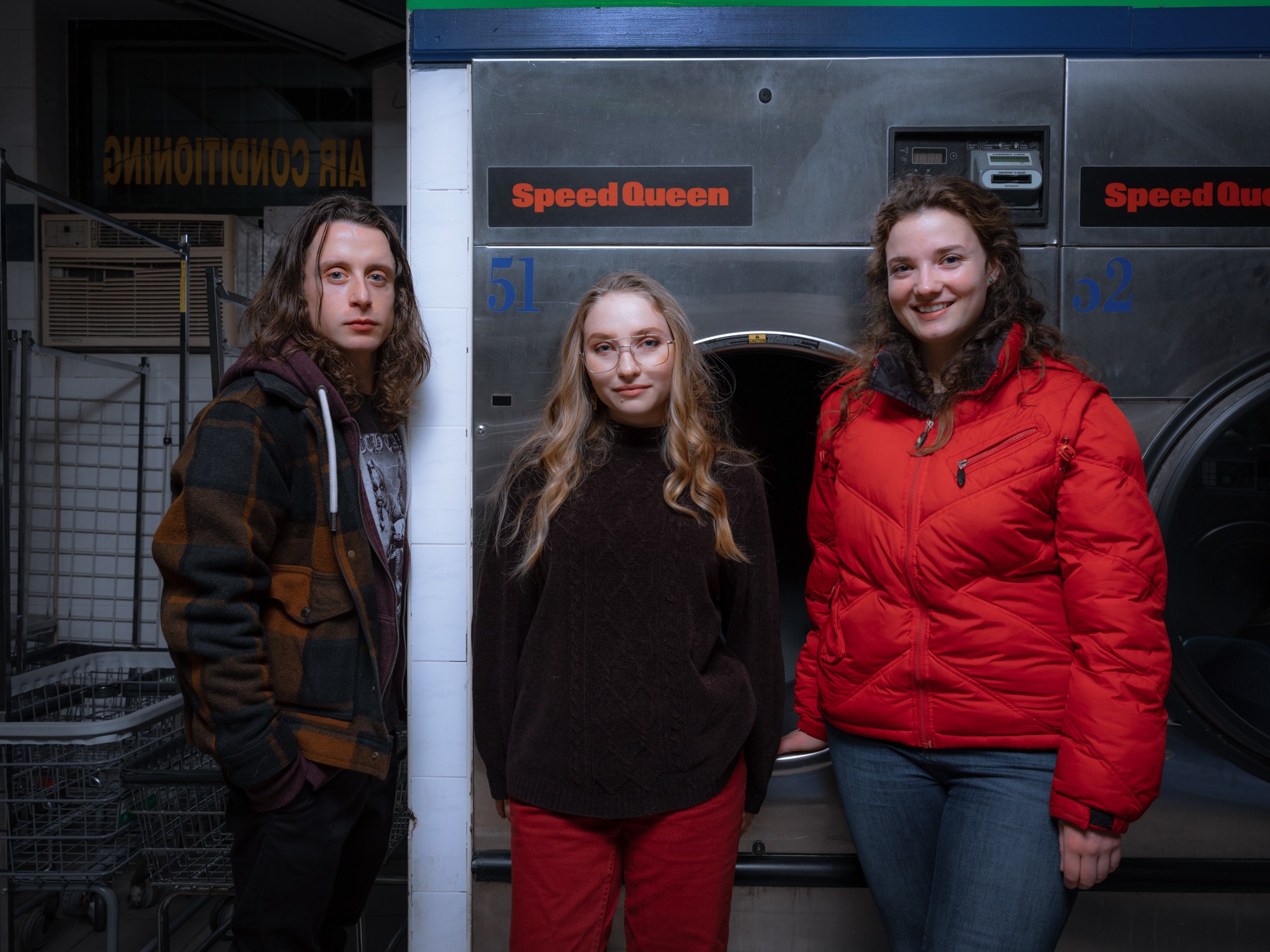
Looking back, are there any resources you wish you knew about earlier in your creative journey?
I wish I had learned about IMDb Pro sooner. Most people know IMDb as a movie database, but an IMDb Pro subscription provides contact and website information of agents, managers, actors, producers, etc. This is especially handy when actors are ready to find representation.
This next bit isn’t a resource, but rather, a helpful nugget. When I began my acting career, I thought my only employment option was the food & drink industry.
So, I became a barista. I swiftly learned that standing all day, handling rude customers, and attending auditions was hard on my body. It wasn’t until the Pandemic–– when I lost my barista job–– that I had to consider remote work.
I eventually secured a well-paying job that allowed me to work from home, and I grew with the company for nearly 4 years.
The bottom line: If the food & drink industry negatively impacts your body and/or craft, this is your reminder that artists are highly qualified for a wide range of enriching jobs that allow them to simultaneously (and sustainably) pursue their passion.
Contact Info:
- Website: https://linktr.ee/janepurnell
- Other: Management: Ann Kelly | [email protected]
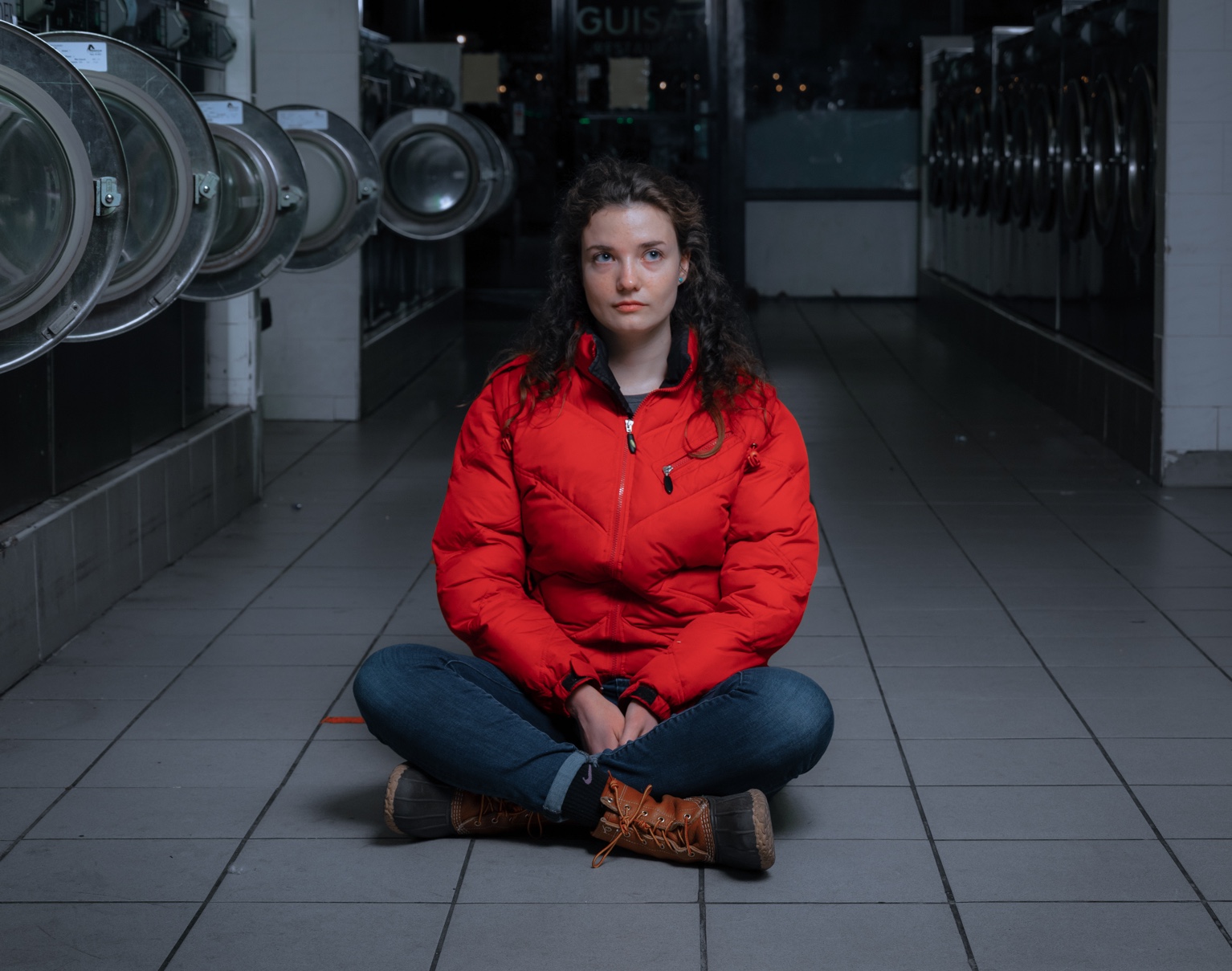
Image Credits
Tristan Alex Oliveira


